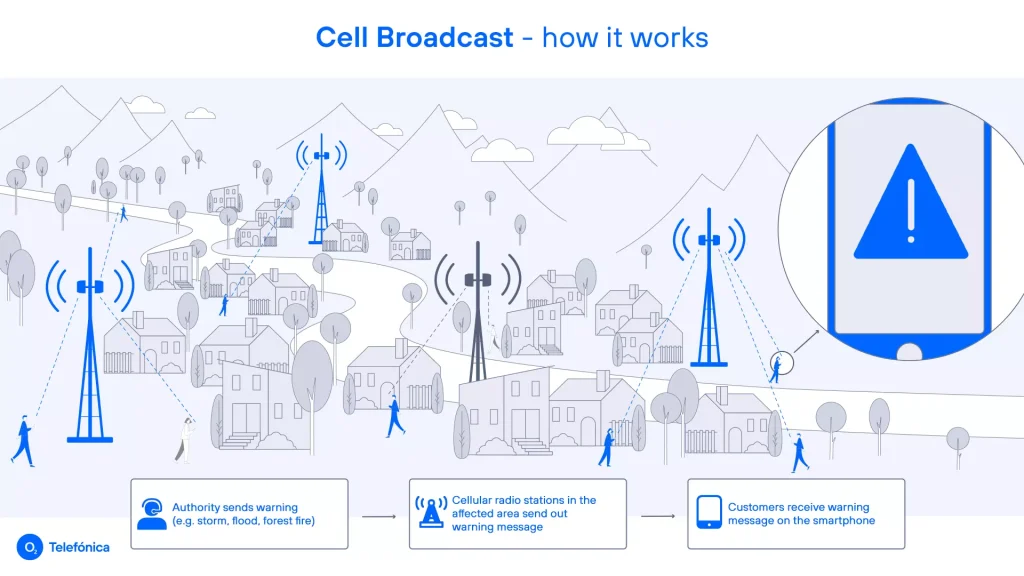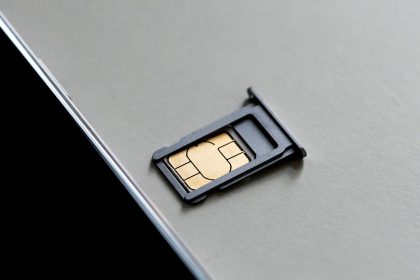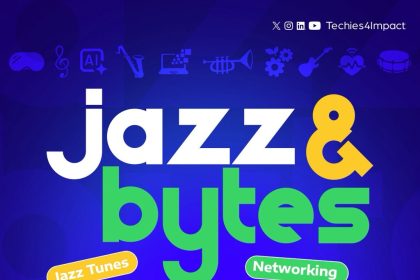On October 7th, 2017, an offloading petrol tanker at a petrol station caught fire resulting in a large-scale explosion at the site at the Atomic Junction at Madina in Accra.
The incident was first reported on social media and later received attention in mainstream media. Unfortunately, there was also a spread of misinformation online along with actual updates from the incident.
This is not the first time incidents of this nature have occurred and there still remains a gap in how information gets released to the public. Ghana still doesn’t have a system for mass broadcast of information aside from radio and TV which can help inform the general public and give information including safety tips.

Many countries have implemented emergency broadcast systems that can send alerts to millions of mobile phone users based on their location and the type of threat. These alerts can provide instructions on how to evacuate, seek shelter, or avoid danger.
However, Ghana is one of the few countries in Africa that does not have such a system in place. Why is that? What are the challenges and opportunities for establishing an emergency broadcast system in Ghana?
The Cell Broadcast System

Cell broadcast is the technology used by most countries that have implemented emergency broadcast systems, such as Japan, the Netherlands, Canada, and the Philippines. It is also recommended by the International Telecommunication Union (ITU) and the GSM Association (GSMA) as the best practice for public warning systems.
The system has several advantages:
- It does not require collecting or storing phone numbers, as it uses a dedicated broadcast channel that can reach any phone that supports the service.
- It is not affected by network congestion, as it does not use the same resources as voice or data services.
- It is secure and reliable, as it can only be sent by authorized entities and verified by digital signatures.
Challenges and Opportunities for Ghana
Despite the benefits of cell broadcast, Ghana has not adopted this technology for emergency alerts. One of the main challenges is the lack of legal and regulatory frameworks that would mandate and facilitate the establishment of such a system.
Ghana faces several challenges in adopting this technology, such as the lack of legal and regulatory frameworks, awareness, and coordination among stakeholders.
Currently, there is no law or policy that requires mobile network operators (MNOs) to provide cell broadcast services or to cooperate with government agencies in sending alerts.
Another challenge is the lack of awareness and coordination among stakeholders, such as MNOs, government agencies, civil society organizations, and the general public. There haven’t been any updates or clear vision or strategy on how to design, implement, and operate an effective and inclusive emergency broadcast system in Ghana.
Where Do We Go From Here
However, there are also opportunities for Ghana to overcome these challenges and to leverage cell broadcast technology for public safety. Some of these opportunities are:
- Learning from best practices and experiences of other countries that have successfully implemented cell broadcast systems, such as South Korea, Israel, Chile, and Australia.
- Engaging with international organizations and initiatives that provide technical assistance and guidance on cell broadcast systems, such as ITU, GSMA, First Responder Network Authority (FirstNet), and Cell Broadcast Forum.
- Developing legal and regulatory frameworks that would enable and encourage MNOs to offer cell broadcast services and to collaborate with government agencies in sending alerts.
- Conducting pilot projects and simulations to test and evaluate the performance and impact of cell broadcast systems in different scenarios and locations.
Conclusion
With the establishment of a cell broadcast, local authorities can send alerts to millions of phones based on their location and the type of threat. However, Ghana faces several challenges in adopting this technology, such as the lack of legal and regulatory frameworks, awareness, and coordination among stakeholders.
To overcome these challenges, Ghana can learn from the best practices and experiences of other countries, engage with international organizations and initiatives, develop legal and regulatory frameworks, raise awareness and build capacity among stakeholders, and conduct pilot projects and simulations.
Catch up on news and other tidbits on our WhatsApp Community Page, Twitter/X, and subscribe to our weekly newsletter to ensure you don’t miss out on any news.










